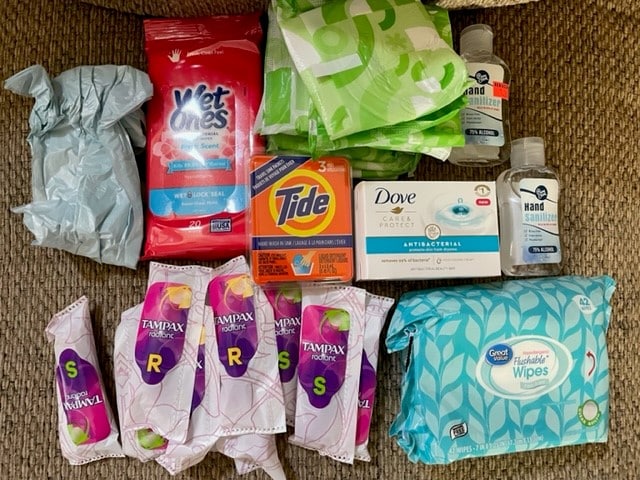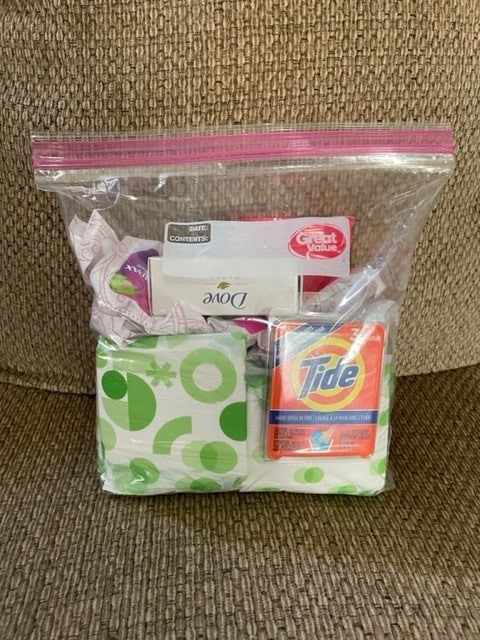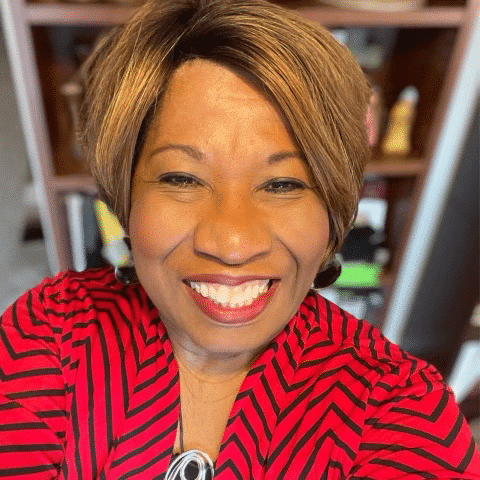Toward Period Equity for All
“They asked only one thing, that we remember the poor, which was actually what I was eager to do.”
Galatians 2:10 NRSV

Period poverty affects women and girls in the United States and worldwide who cannot afford menstrual hygiene products such as pads, tampons, and products that promote healthy practices. People who are in homeless shelters, in prisons, in domestic abuse shelters and rely on food banks are at increased risk for lack of access to these essential products.
According to Forbes, in the article, New Year, Same Old Fight. It’s 2022, Yet More Than Half Of The Population Is Still Paying The Price For A Natural Bodily Function:
“Period poverty, an invisible form of poverty that affects over 22 million people in the United States, is the inability to afford or access the necessary menstrual products needed to manage a period. Recent studies show that 2 in 5 people who menstruate experience period poverty. With the cost of menstrual products averaging $13.25 a month, amounting to over $6,000 per lifetime, those impacted by period poverty have to make insufferable decisions every day, such as choosing between buying sanitary pads or food, and buying tampons or required school supplies. In addition to the taxing costs, these products are not covered by any government assistance programs, such as SNAP. As a result, many people are forced to use products longer than recommended or improvise with unsanitary alternatives, such as old clothes and rags. Apart from the mental, physical, and financial burdens, period poverty also affects one’s ability to attend work, school, and other events every month.”
Toward Period Equity
On World Menstrual Hygiene Day, May 28, 2022, there was a global call for an end to period poverty by making menstrual products more affordable (or free) and accessible to over 500 million people affected worldwide. Period poverty is not only an economic issue, but a social and political one as well that needs to be addressed to move toward period equity for all.

Some advocates have called for menstruation products to be tax exempt. Such efforts in India and Colombia have resulted in the elimination of tax on menstrual pads and tampons. Similar efforts in the United States include the Pink Tax Repeal Act which became law in June 2021 and “prohibits the pricing of consumer products and services that are substantially similar if such products or services are priced differently based on the gender of the individuals for whose use the products are intended or marketed or for whom the services are performed or offered.” However, the Menstrual Equity for All Act of 2019 is still sitting in a subcommittee.
Increasing access to menstrual products is important to creating period equity. Several global organizations, like UNFPA, distribute free dignity kits which contain disposable and reusable menstrual pads, underwear, soap and related items. Church World Services (CWS), a UCC global partner, has recently introduced a Period Pack/Menstrual Hygiene Kit to help individuals living in period poverty. The CWS Period Pack provides the essentials they need to feel clean, be healthy and live with dignity during the menstrual cycle.
Assembling CWS Period Packs can be a wonderful and meaningful project for a youth group, Church Women’s Group, or civic organization… the possibilities are endless for taking action toward period equity!
Take Action
Instructions for assembling CWS Period Packs
Scotland becomes first country to offer free menstrual products
——————————————————

| Rev. Dr. Monica Dawkins-Smith serves on the National Staff for the United Church of Christ in Wider Church Ministries and on the UCC #ThursdaysInBlack Campaign Contact: dawkins-smithm@ucc.org |
Related News
Growing Weary
In December 1964 during a speech in Harlem, Fannie Lou Hamer declared: “And you can always...
Read MorePlanning for Earth Month: Resources for Congregations
April is Earth Month, and for congregations, it can be a great time to further discern how...
Read MoreBodily Autonomy Means Every-BODY
Advocacy and Action for Women's and Gender Justice Local events stir thoughts and...
Read More

